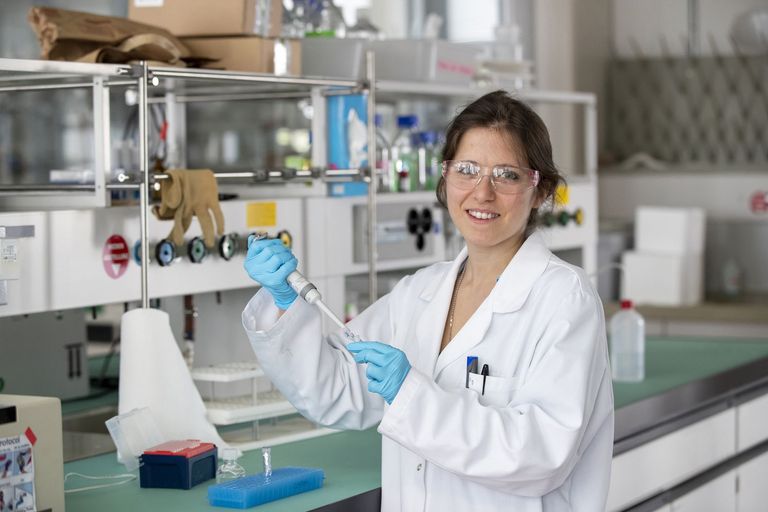Related topics
Prix Schläfli in Chemistry | Mini Symposium & Award Ceremony
The Swiss Academy of Sciences SCNAT and the ETH Zurich organize a Mini Symposium with the laureates of the Prix Schläfli Chemistry 2020, 2021 and 2022.
Image: SCNAT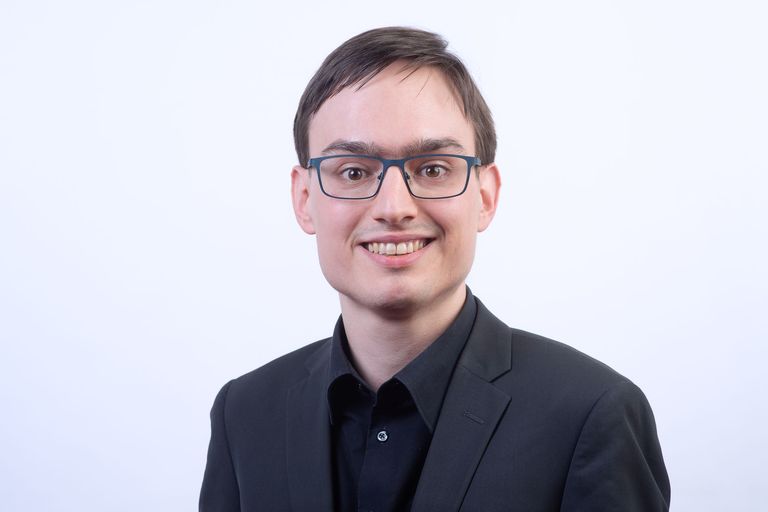
Gabriel Dill – Magician of an abstract universe
For the Matura, he wrote a satire on Berlusconi – in Latin. And for his dissertation, which was awarded the Prix Schläfli, he chose a field that is rather exotic even for insiders: Diophantine geometry. Gabriel Dill likes it a little complicated.
Image: Michael Bosshard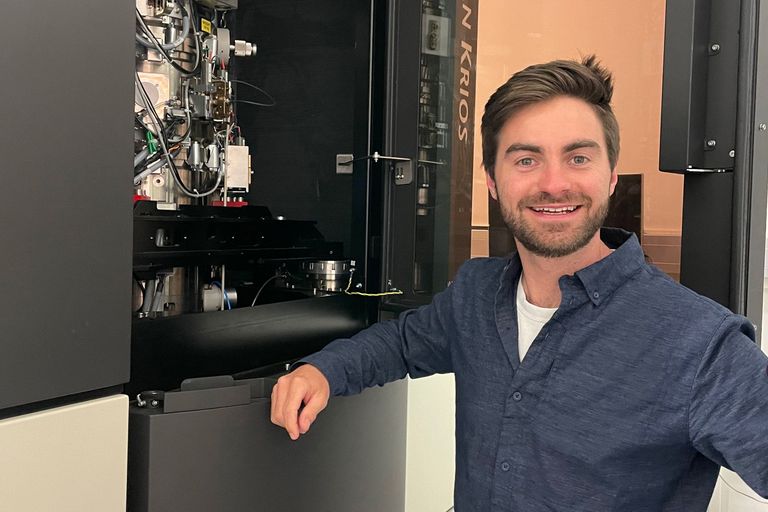
Gregor Weiss – Conquers mountains and bacteria
Prix Schläfli 2021: Gregor Weiss has two passions: mountain sports and biology. What connects the two? You can only reach your goal with perseverance and team spirit. This also applies to his work on the body's own defence against urinary tract infections, which earned him the Prix Schläfli award in biology.
Image: Miki Feldmüller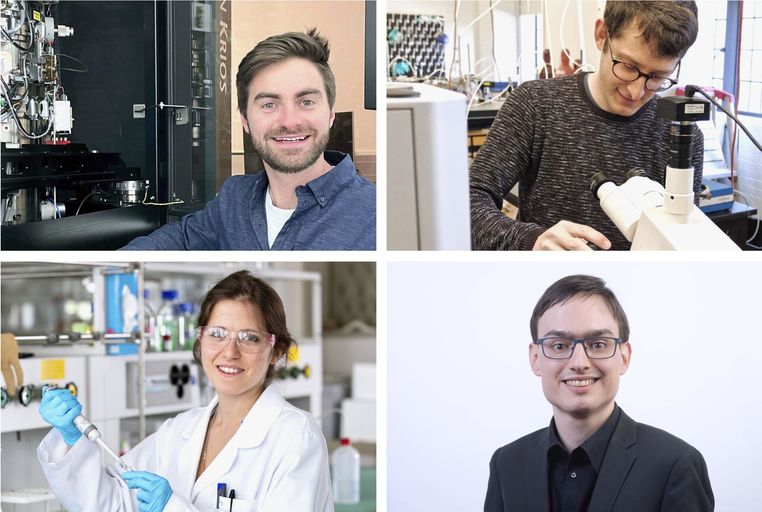
Prix Schläfli 2021 award for the four best dissertations in natural sciences
The body's own defence against urinary tract infections, a new method for quantifying and determining genetic damage, evidence in so-called Diophantine geometry and the question of how soot from combustion processes influences the formation of clouds and thus, the climate – the Swiss Academy of Sciences (SCNAT) is awarding the Prix Schläfli 2021 to the four most important insights of young researchers at Swiss universities. Claudia Aloisi (Chemistry), Gabriel Dill (Mathematics), Fabian Mahrt (Geosciences) and Gregor Weiss (Biology) receive the prize for findings in their dissertations. The Prix Schläfli is awarded annually to the four best dissertations in the natural sciences. This prize was first awarded as early as 1866.
Image: M. Feldmüller, G. J. Crescenzo, ETH Zürich / N. Pitaro, M. Bosshard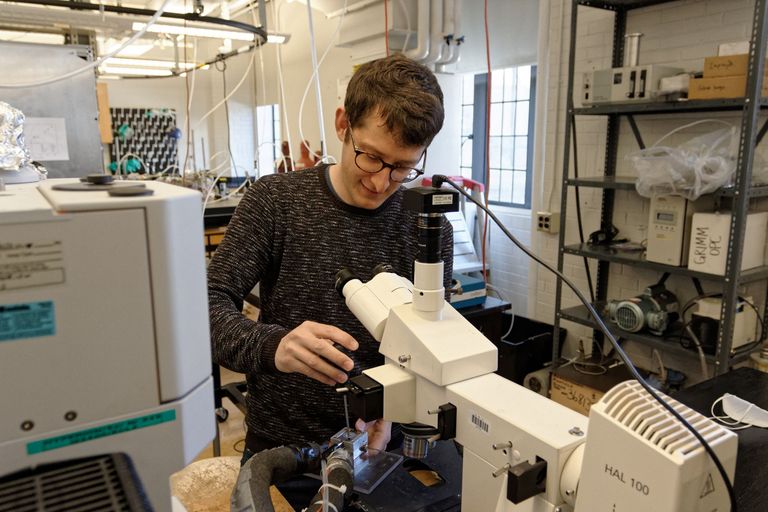
Fabian Mahrt – ice-cold climate research
His field of research is the smallest particles with a large effect: Prix Schlaefli award winner Fabian Mahrt has investigated the conditions under which carbon black (soot) forms ice particles. He first had to build the apparatus for the innovative experiments.
Image: Giuseppe J. Crescenzo
